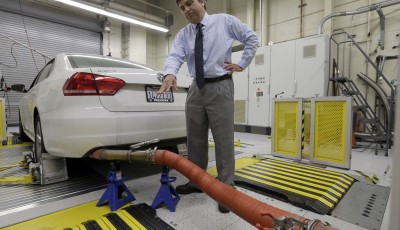IAAF retesting of 2005 and 2007 samples, reveals more ‘adverse findings’
Those that are still active in the sport have been provisionally suspended, the IAAF announced, adding that none of the athletes concerned will be competing at the IAAF World Championship in Beijing later this month. It is understood that no British athletes are under suspicion.
It pointed out it had already, in 2012, conducted a first round of reanalysis of samples taken from Helsinki, which it said had led to six adverse findings.
According to two leading anti-doping experts hired by the Sunday Times, the leaked data revealed that more than a third of medals – including 55 golds – have been won in endurance events at the Olympics and world championships by athletes who have recorded suspicious tests.
The samples were retested with improved scientific methods that can find previously undetectable substances.
The 2015 world championships begin on August 22 where Justin Gatlin, who exploded on to the track scene winning the 100m and 200m at Helsinki, clashes with Jamaican sprint king Usain Bolt.
The IAAF claim that the re-testing of samples was under way well before the allegations in the newspaper [from last Sunday week] and have blamed science for being able to detect the adverse findings at the time in 2005 and 2007.
Beginning in 2005, athletes’ samples from previous championships have been stored at the laboratory and they were used in the re-analysis.
However, the world athletics’ governing body refused to name the athletes “due to the legal process”.
Martial Saugy, the director of the laboratory where the tests were carried out, said the research that had caught the dopers was cutting edge and showed the IAAF was committed to uncovering cheating.
From the IAAF’s point of view this is a success story and one that is vital for the sport in the wake of damning doping allegations in recent weeks. “But we will do everything in our power, and use every tool available to protect those clean athletes who form the large majority of our sport”.











